By Arpan Ghosh on Apr 29, 2023.
Reading time: 4 minutes.
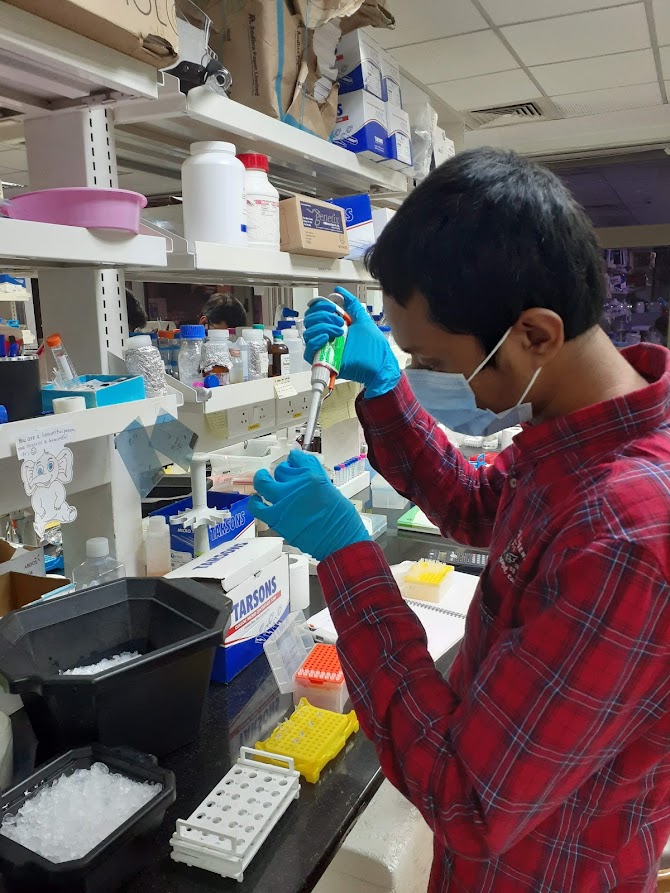
IISER Bhopal - PCDB Lab
During my internship at the PCDB lab of Prof. Dr. Sourav Datta at IISER Bhopal, I had the opportunity to delve into the fascinating world of plant biology. My primary focus was to understand how environmental factors impact seedling growth using Arabidopsis thaliana as a model organism. Working at the lab was an enriching experience. I was able to hone my skills in molecular biology techniques, which was a vital aspect of my research. Gel electrophoresis, PCR, qPCR, primer designing, and DNA/RNA extraction were all essential techniques that I had the chance to learn and apply. I was thrilled to work on these techniques as I had read about them during my coursework but had never had the opportunity to use them in a practical setting.
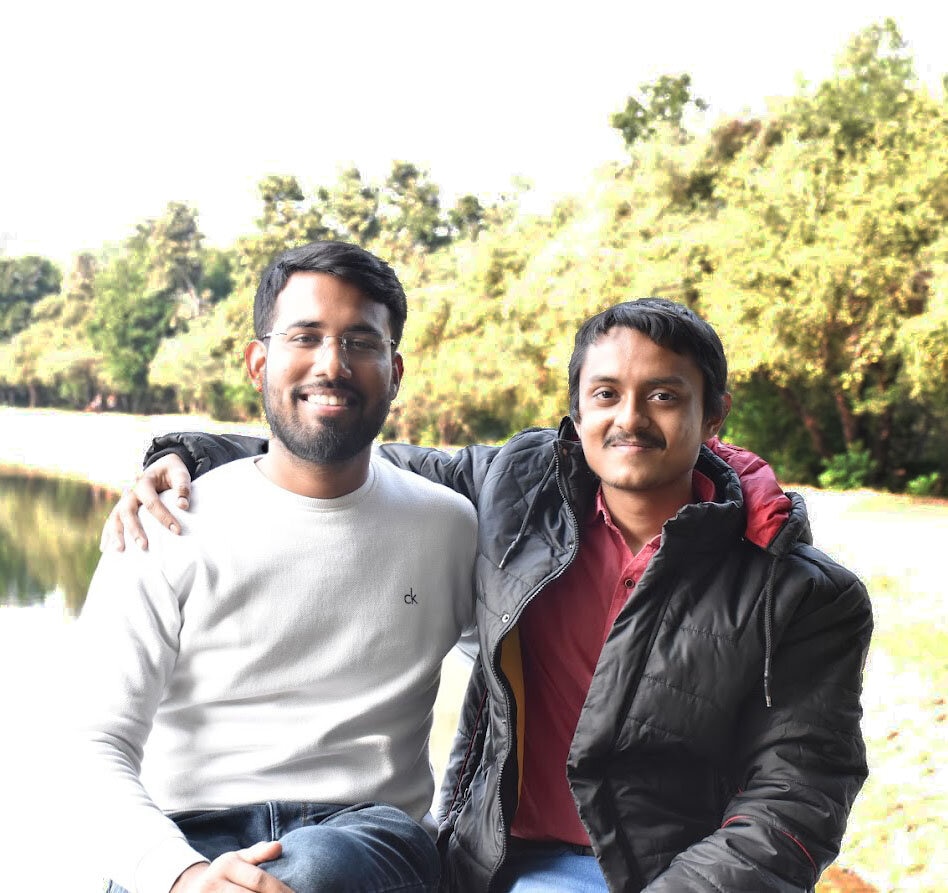
One of the most exciting parts of my internship was the hands-on experience I gained working with Arabidopsis thaliana. I learned how to grow these plants in sterile conditions, and I was amazed by their resilience and adaptability. It was fascinating to see how small changes in environmental conditions, such as light or temperature, could have significant impacts on color of the leaves and the growth of the seedlings. Throughout my time at the lab, I also had the chance to interact with my fellow researchers namely Arpan Mukherjee ( my primary mentor ), Debojyoti da, Shubhi didi, Deeksha di, Ajar da, Venkey da, Rahul da, Oihik da, and everyone else, who were all experts in their respective fields. I found their enthusiasm for research and their willingness to share their knowledge to be infectious, and it pushed me to work harder and explore new avenues of research.

Group Photo
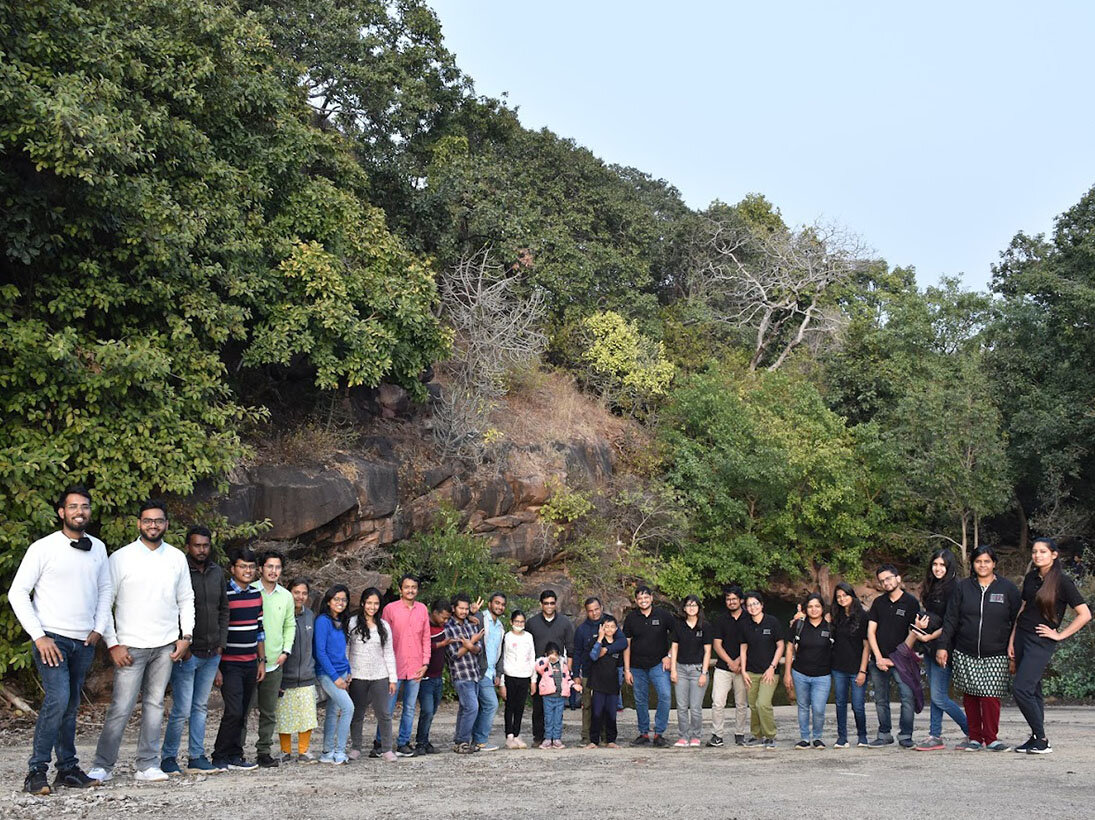
Group Photo
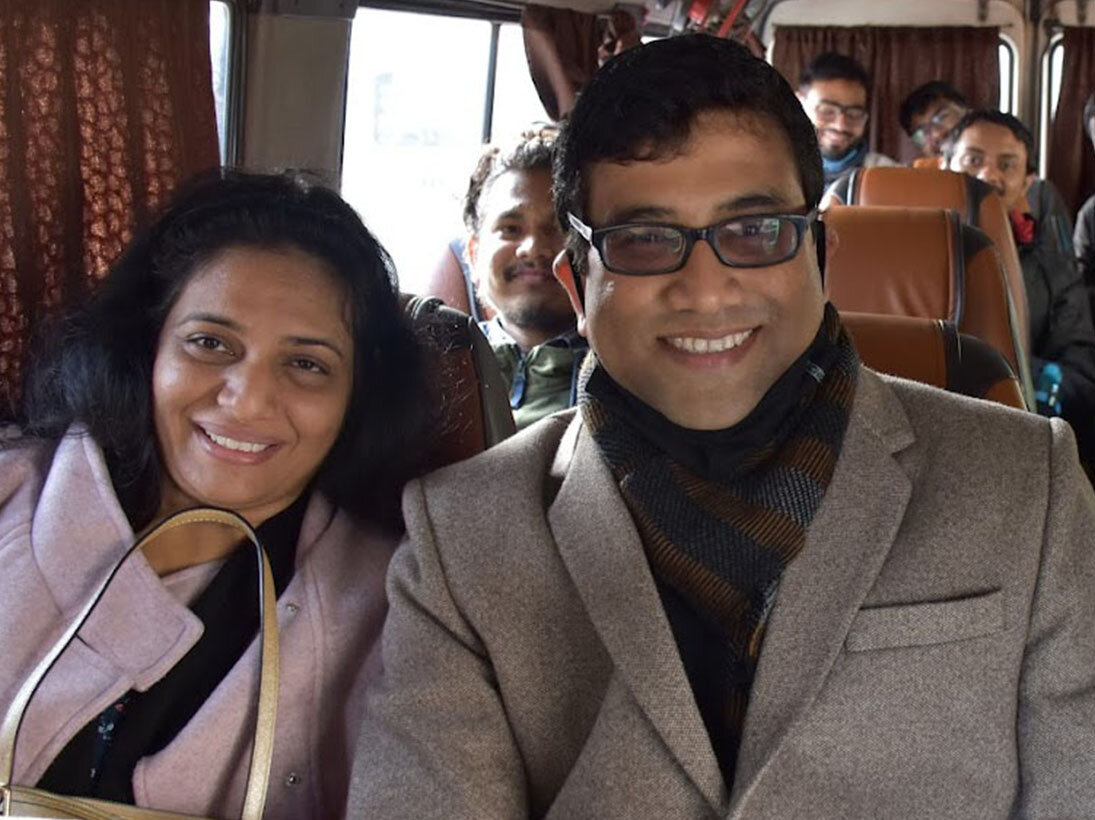
Dr. Sourav Datta
Overall, my internship experience at the PCDB lab was an unforgettable journey that helped me grow both personally and professionally. The opportunity to work with Arabidopsis thaliana and learn various molecular biology techniques has given me valuable skills that I can use in my future endeavors. I am grateful for the chance to have been a part of this lab.
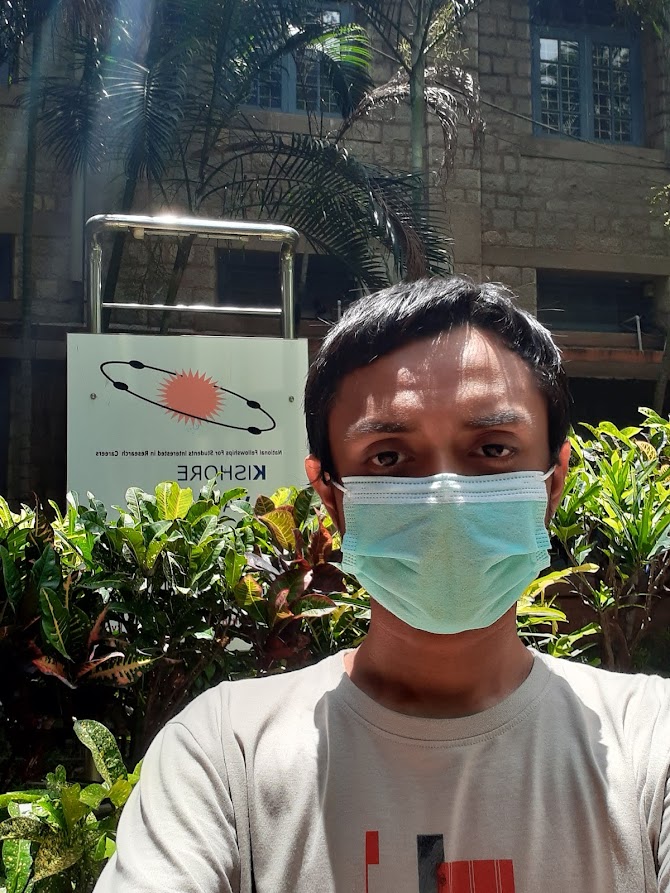
IISc Bengaluru - Biophysics Lab
My journey as an intern continued as I embarked on a new adventure at the Biophysics department of the Indian Institute of Science in Bengaluru. This institute is the leading science institute in India, and I was thrilled to have the opportunity to work with some of the brightest minds in the field. Under the guidance of Prof. Aravind Penmatsa and Dipanjana di, I was able to learn a wide range of unique skills that I had never encountered before. My sincere thanks go to Pragya, Nazia, Smruti, Ananth, Himansha, and Arunabh, as well as everyone else in the lab for their help and for making my internship enjoyable. One of the most fascinating techniques I learned was FSEC, which stands for fluorescence size exclusion chromatography. I was also exposed to recombinant plasmid construction, cloning, bacterial cell transformation, mammalian cell transfection, site-directed mutagenesis, membrane protein expression, and protein purification techniques, which were all essential skills for my research.
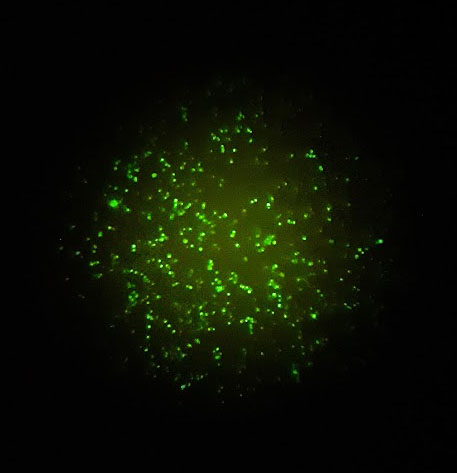
Working at the Biophysics department allowed me to understand how to start a research project from its primary stages, from designing constructs to purifying the protein of interest. I was amazed by the amount of effort and attention to detail that went into each step of the process. I also learned how to troubleshoot experiments, which was a valuable skill that helped me to persevere in the face of challenges. My internship experience at the Biophysics department further developed my interest in biochemistry and chemical biology. I was inspired by the researchers around me who were passionate about their work and dedicated to advancing the field.
I also had the opportunity to attend seminars and talks by PhD students and visiting scientists, which broadened my horizons and exposed me to new ideas and perspectives. I am grateful for the opportunity to have been a part of such a dynamic and stimulating research environment.